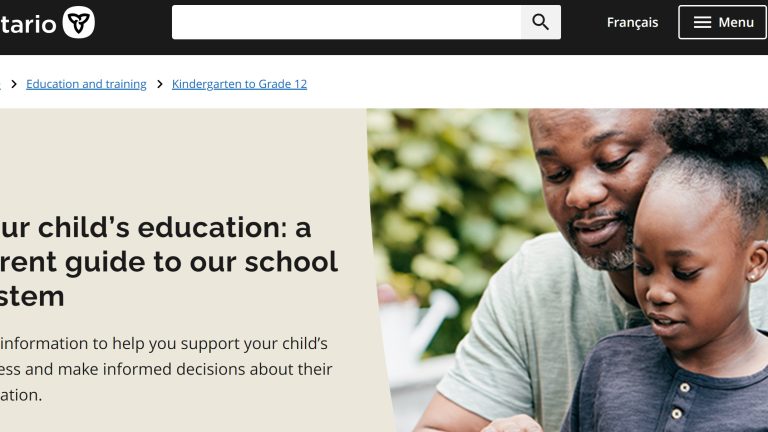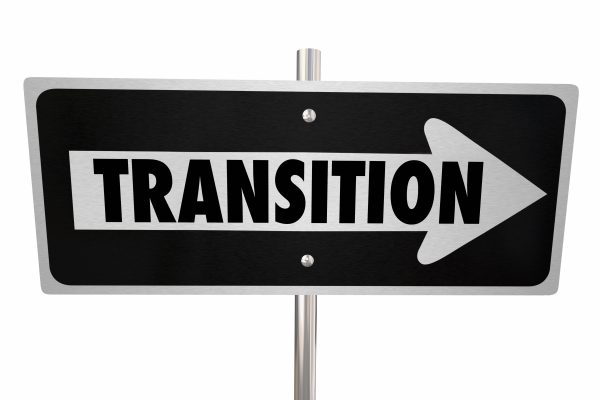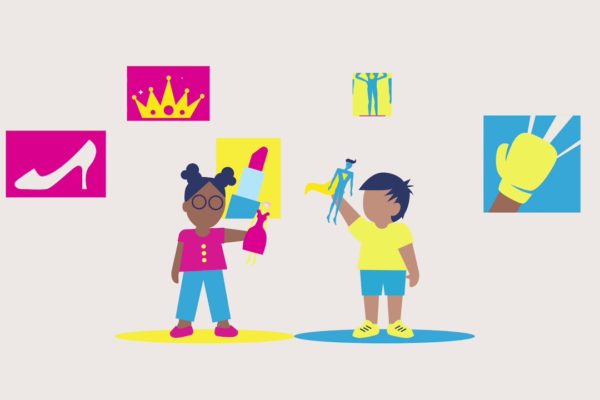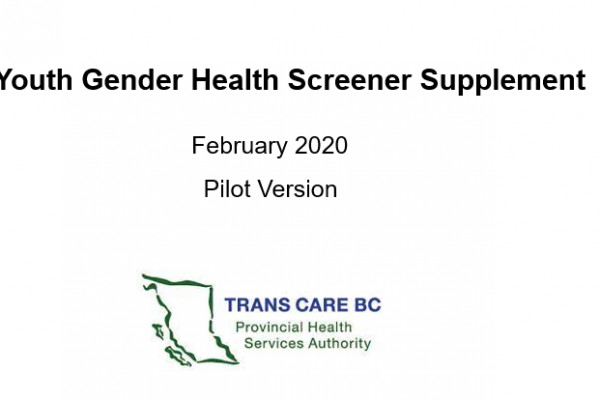Back to school brings our children new experiences and adventures, but it can also harbour anxieties and concerns. Is your child’s school going to have a 3rd party group come in to present all the reasons your child might think they’re a different gender? Will you even be informed that this is going to happen?
Many parents have pre-emptively started to talk to their kids about gender ideology and most adopt a simple message along the lines of: “you can’t change sex”. But how do we know that little minds can fully absorb this message and understand what its meaning. How do you innoculate your kids against gender ideology? This becomes especially tricky with children who are autistic or struggle with other neurodevelopmental issues.
Here are a few tips sourced from parents and therapists:
Find Situations and Activities to Talk about Sex and Gender
One of the best ways to teach children about biological reality is to expose them to farm animals. Experiential learning is unrivalled and allows the parent to talk about sex-based reality in a very natural way, as the animals are often pregnant, nursing, laying eggs… Going to a petting zoo or farm gives you a fun and indirect way to talk to your kids and reinforce your values.
Another idea that can help girls visualize themselves as potential mothers one day is to find opportunities to socialize with a new mother and her baby. It’s amazing how few opportunities some children have to be around babies and see mothers caring for their young children in our modern, fast-paced world. “Future visualization” can be a powerful tool, but try to integrate the experience as a natural activity, as it doesn’t need to be forced.
Break Down Gender Stereotypes in Your Own Way and Time
A generation or two ago, parents might have been able to teach children their values through the simple process of osmosis. But today, our society is so pluralist it’s important to articulate and pass on your values and beliefs to your children. Picture books are a good way to do this with children.
A book that helps kids understand gender from a biological standpoint is Girls and Boys and Gender:
A Practical Response to Gender Distress (for adults):
https://www.amazon.ca/Practical-Response-Gender-Distress-Families/dp/B0CXMRGMBV
This library in Ontario also has a curated list of books that help to introduce the topic of gender stereotypes. At the time of publishing this post, this list does not include any of the more ideological books that may be lurking on your child’s school shelf.
https://burlington.bibliocommons.com/list/share/1360994797/1804181961

Several other good books for kids;
How to find out what’s in your child’s School Library
In many cases, you shouldn’t need to go into the school to see what’s on the book shelves. Any parent can access the school library from their home computer as long as they know their child’s password. Ask your child to show you how he/she gets into the library and does a search, and perhaps save the password. Next, you can search for book titles in a number of ways.
This link shows concerning titles by province and board: (Find your province and board and see the list of books that may be in your child’s school)
https://www.exposingsogi123.com/books-location
This link shows the titles and if you click on the title picture, it will show the pages a parent might find objectionable:
https://www.exposingsogi123.com/books-review
Finally, search your school library by collections, such as LGBT, Queer, Gender Binary, etc.
If you find that your child’s school makes objectionable materials available to children, have a conversation with the school librarian and principal or bring your concerns to a parent council meeting. Try to find a supportive group of like-minded people who share your concerns. There may be a wide range of thoughts about the “age appropriateness” of certain materials which can make it difficult to find common ground.
One tactic to try is to question the Principal and school board about what guidance they have given to teachers who are going to use these materials in the classroom to ensure they do not breach the standards of the profession. Teachers have much “leeway” when it comes to introducing topics of queer theory and sexuality to students, but all teachers are governed by standards of the profession which set out expectations about professionalism. One expectation is that they do not discredit the profession. If a teacher showed your child the material in one of these highly sexualized books, how would that not be discrediting the profession? What guardrails exist on the topics of sexuality or gender changes that ensure teachers do not discredit the profession? There aren’t any, which makes all of these materials open to subjectivity and that can’t be good for anyone given the growing controversy in these areas.
Does Your School Need to Inform You about 3rd Party Presentations?
Alberta, Saskatchewan and New Brunswick are passing new legislation to ensure you’re informed and involved if your school is supporting your child to change their gender. But what about lessons on gender identity and 3rd party presenters? Presenations and lessons under the auspices of “diversity”, “inclusivity” or “equity” happen and parents are often given little disclosure about what these lessons will contain or who is delivering the content.
Some provinces have started to implement transparency policies. Parents have a right to know what their children are being taught at school and this extends to 3rd party presentations. But you may need to request how your school is going to implement these.
Ontario, for example, recently implemented Policy/Program Memorandum 170 (PPM170). It establishes transparency requirements for all publicly funded schools in Ontario and requires them to provide at least 14 days notice to parents about 3rd party presentations. It also requires schools to enable parents to opt their children out of these presentations. This is achieved by referencing the requirements in this document, Your Child’s Education: a Parent Guide to our School System
https://www.ontario.ca/page/your-childs-education-parent-guide-our-school-system
Parents need to become familiar with the requirements on school boards in their province and ask their schools how they will be implementing these mandates. A template email you can send to your Principal or school board looks like this:
Dear ___,
It has come to my attention that the Ontario Ministry of Education has issued a Policy/Program Memorandum (PPM 170) and a directive to Ontario schools for the upcoming 2024/2025 school year in regards to third-party speakers.
It is my understanding that as of the start of the 2024/2025 school year, schools are obliged to inform parents about events and activities with guest speakers or performances at least 14 calendar days before the activity. This is an important initiative to ensure maximum transparency to parents regarding extra-curricular material to which their children will be exposed.
This is especially important in 2024 with regards to third-party speakers who might be addressing students on highly politicized and controversial subjects such as gender ideology (others could include decolonization, the war in the middle east and climate change).
Can you please confirm that (your school or Board) has implemented this directive, and parents can expect to be informed about third-party speakers in their children’s schools? I would also like to know how the school will manage the opt-out requirement and what kind of supervision there will be for students who do not attend the presentations.
Respectfully,
Best of Luck this School Year
Best of luck navigating the school system and your child’s education. It can be extremely challenging and emotionally charged. Developing good relationships with your child’s teachers and school is important. It’s also important to continue to put pressure on schools, Boards and our provincial education ministries to require schools to be transparent with parents. Schools should be a place for learning and developing self-esteem, not political indoctrination factories.




